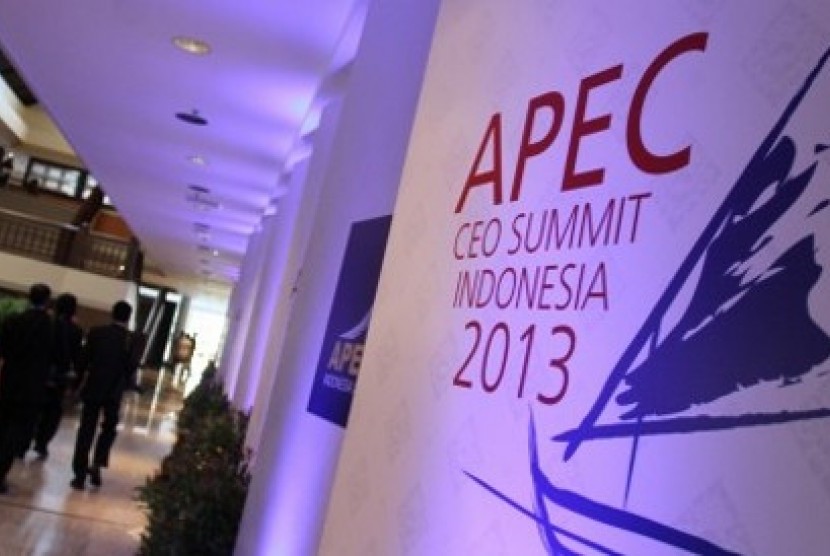REPUBLIKA.CO.ID, JAKARTA -- Tax reform that eases burdens on tourism and travel services companies and consumers is needed to support development within the sector and deepen its contribution to economic growth in the Asia-Pacific as demand for international travel increases within the region. APEC’s 21 member economies welcomed 355 million international tourists last year, propelling an industry that employs about 125 million people, according to World Travel and Tourism Council data.
Tourism is expected to deliver more than 650 billion USD to the APEC region’s economy in 2016. Member of APEC Tourism Working Group, Javier Guillermo explained that tax levels and how they were applied, for example, through air passenger duties, were major determinants of the cost of international travel which greatly influences demand.
"When a tax regime is improperly structured, it can result in unprofitable air routes and service reductions, and weigh on the ability of travel and tourism companies to operate," Guillermo said recently.
APEC economies have launched a new joint project to promote tax reform within the industry. They will gauge the impact of current taxation measures and simulated modifications to them over time, in relation to travel and tourism demand, revenues and job growth.
The tax reform recommendations must be simple to understand so that unintended consequences, such as new financial and administrative costs for businesses and travelers are avoided. At the same time, a one-size-fits-all approach is unsuitable given the diversity of the region’s taxation systems and tourism sectors.
The project will draw on business and consumer interviews and surveys, primary data collection and onsite assessments of issuing authorities in a cross-section of APEC economies. The findings will be examined by the region’s Tourism Ministers when they meet in September 2014 in Macau, China.


